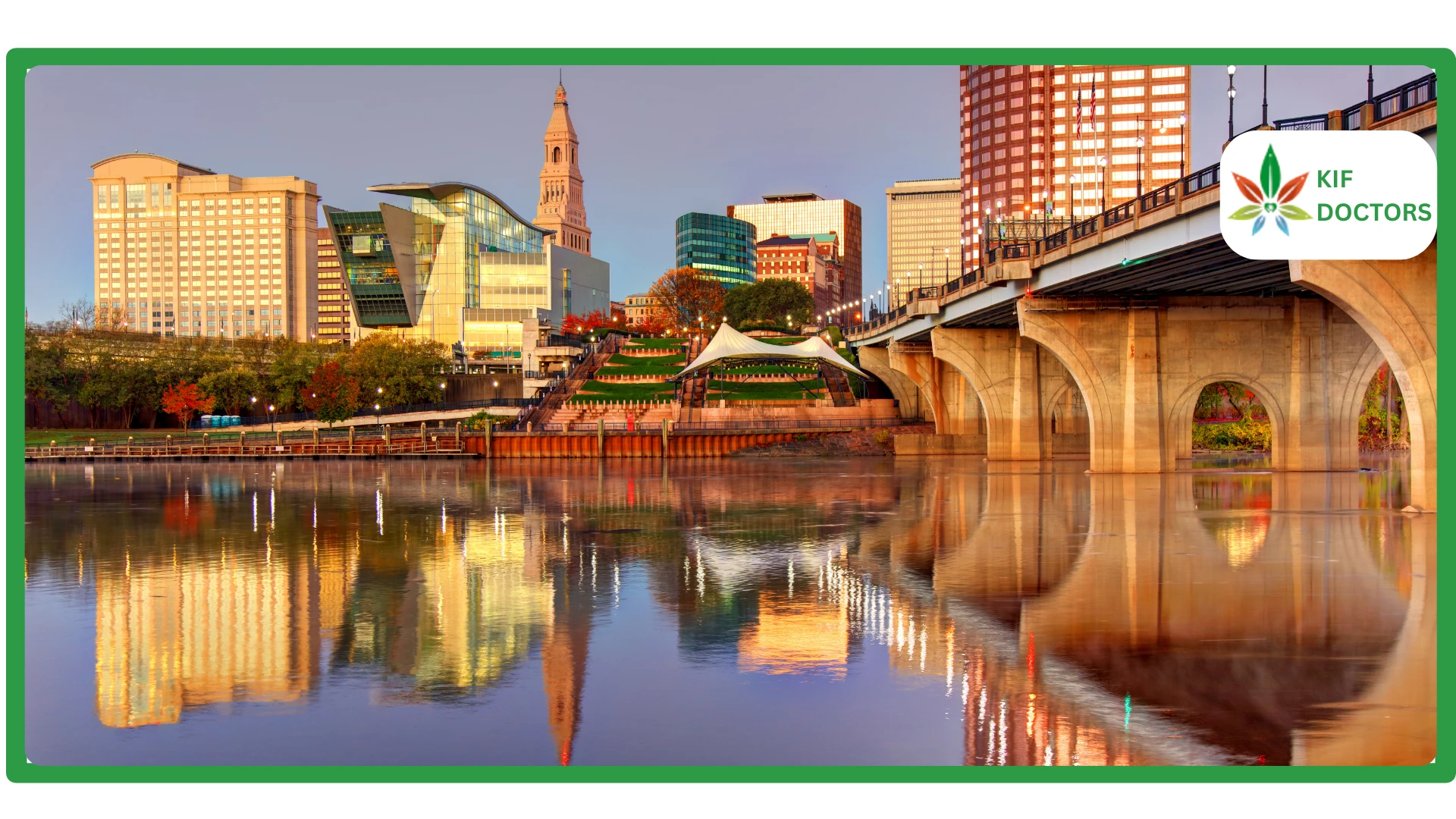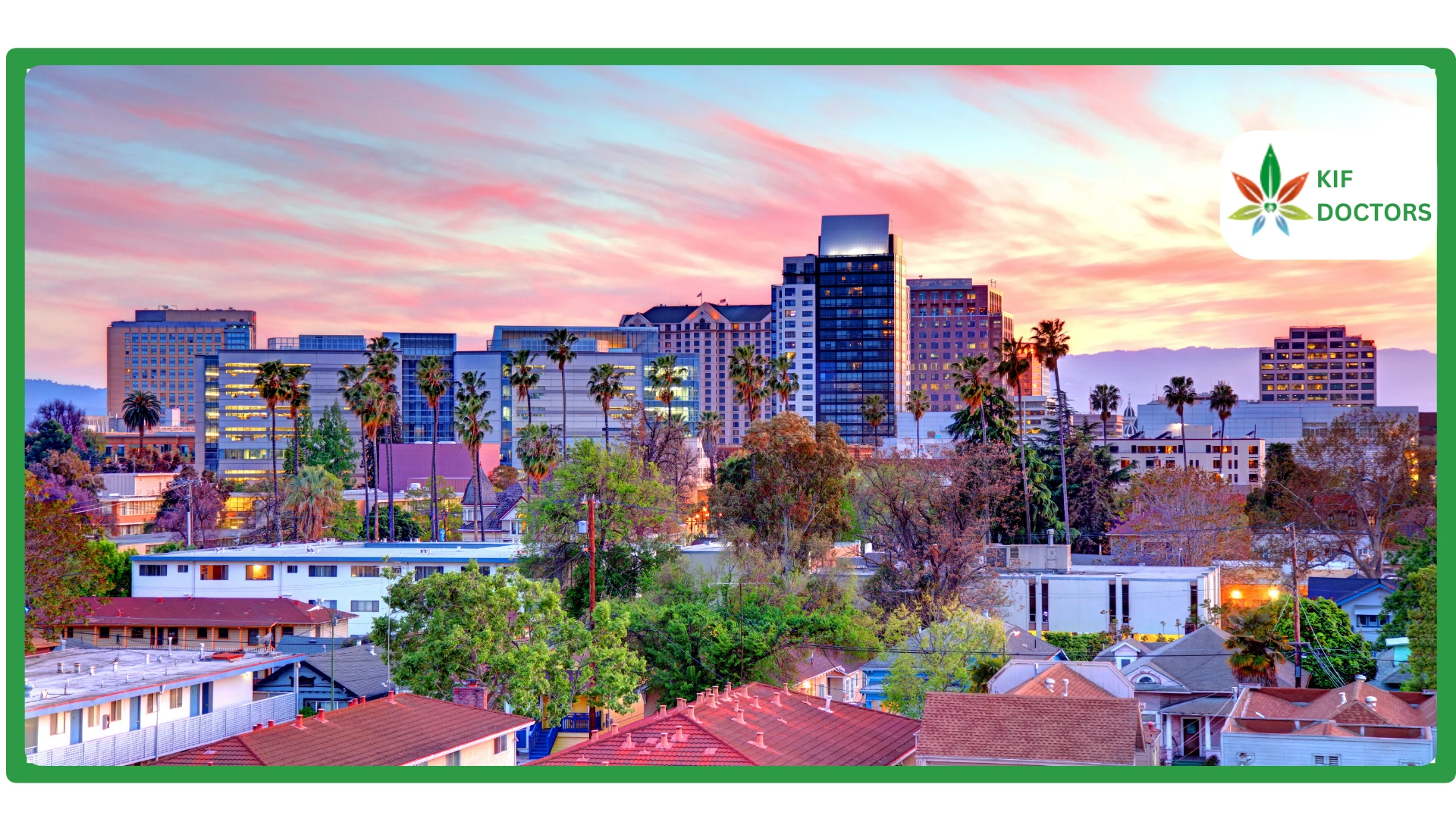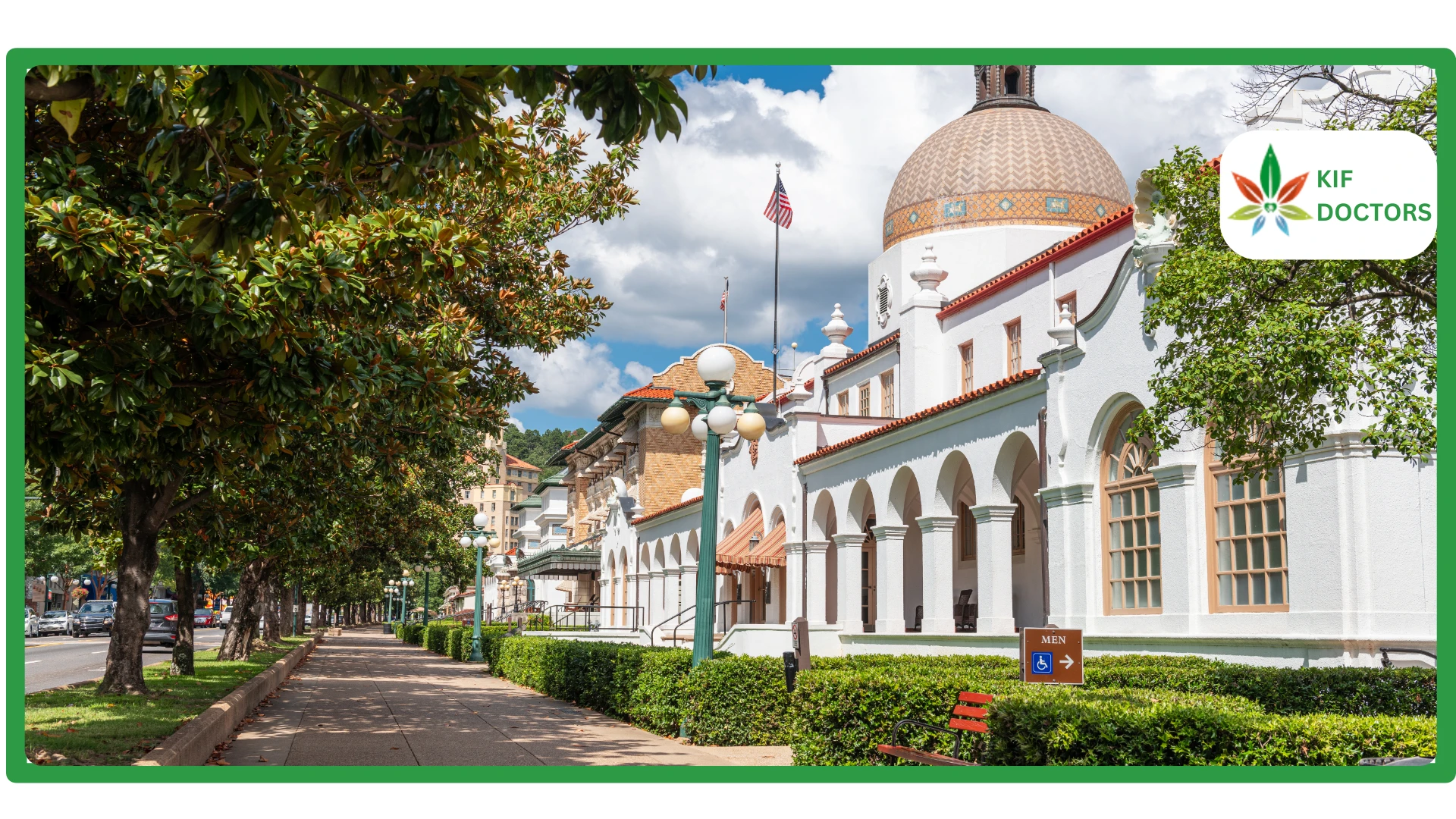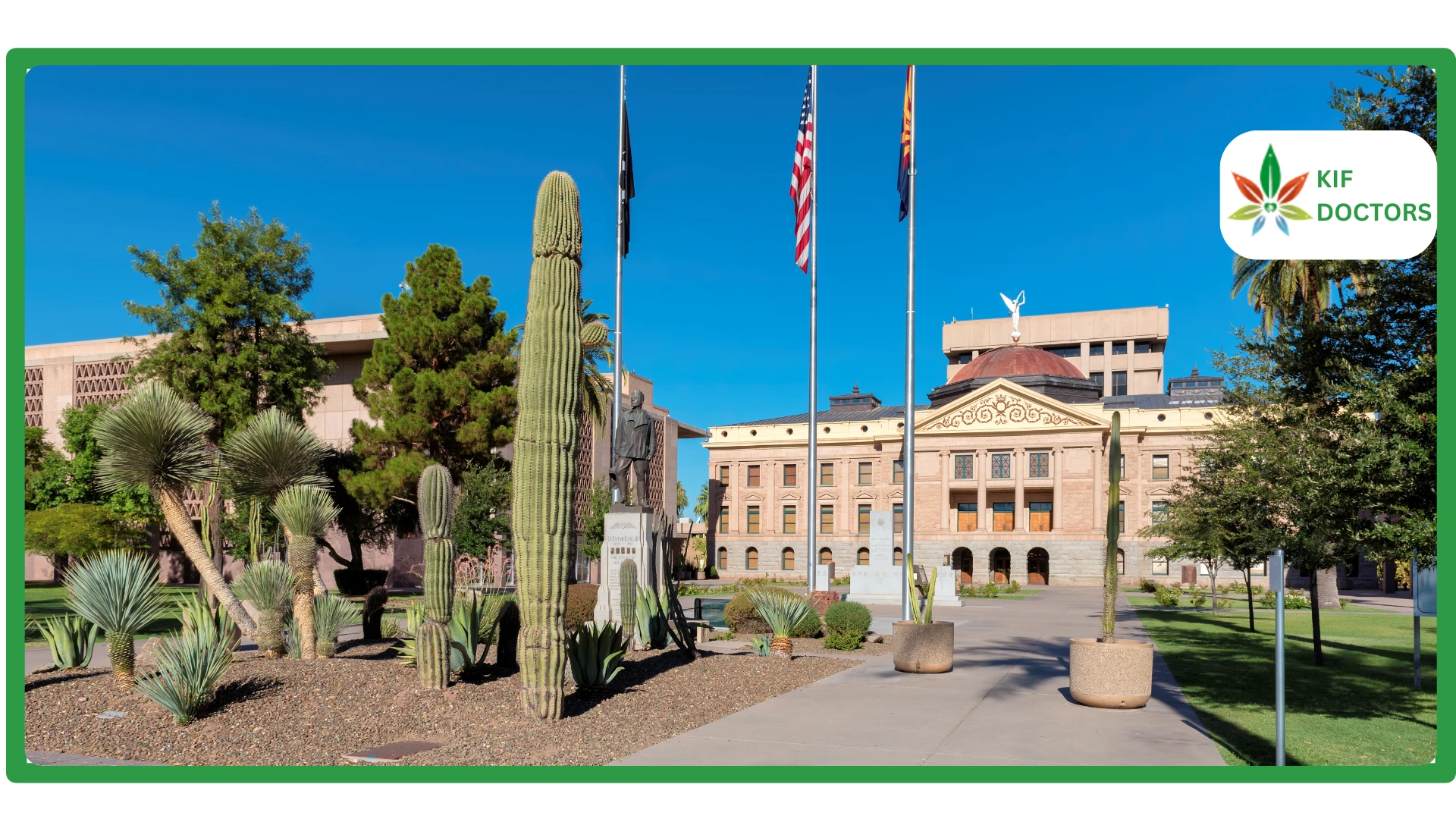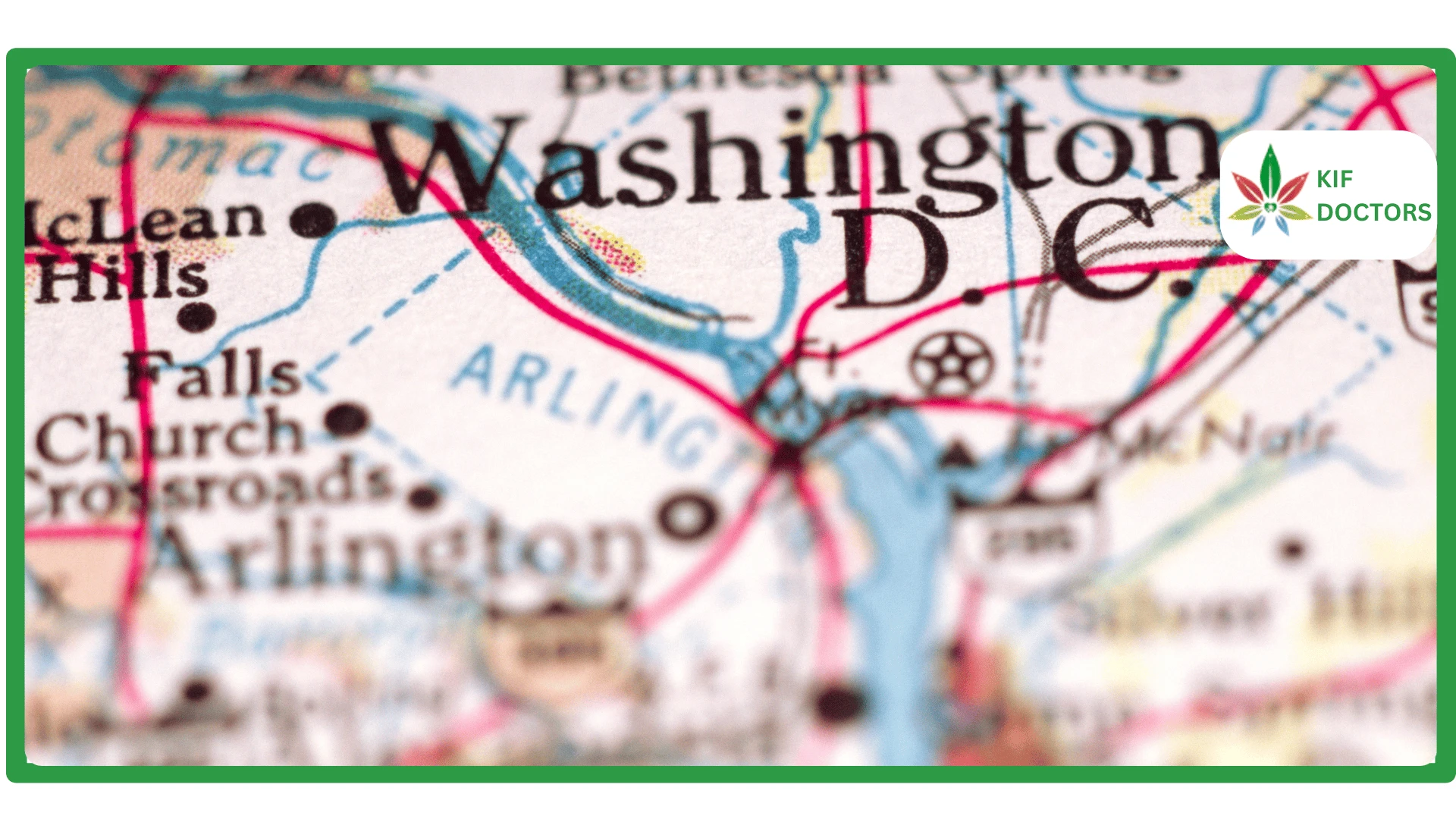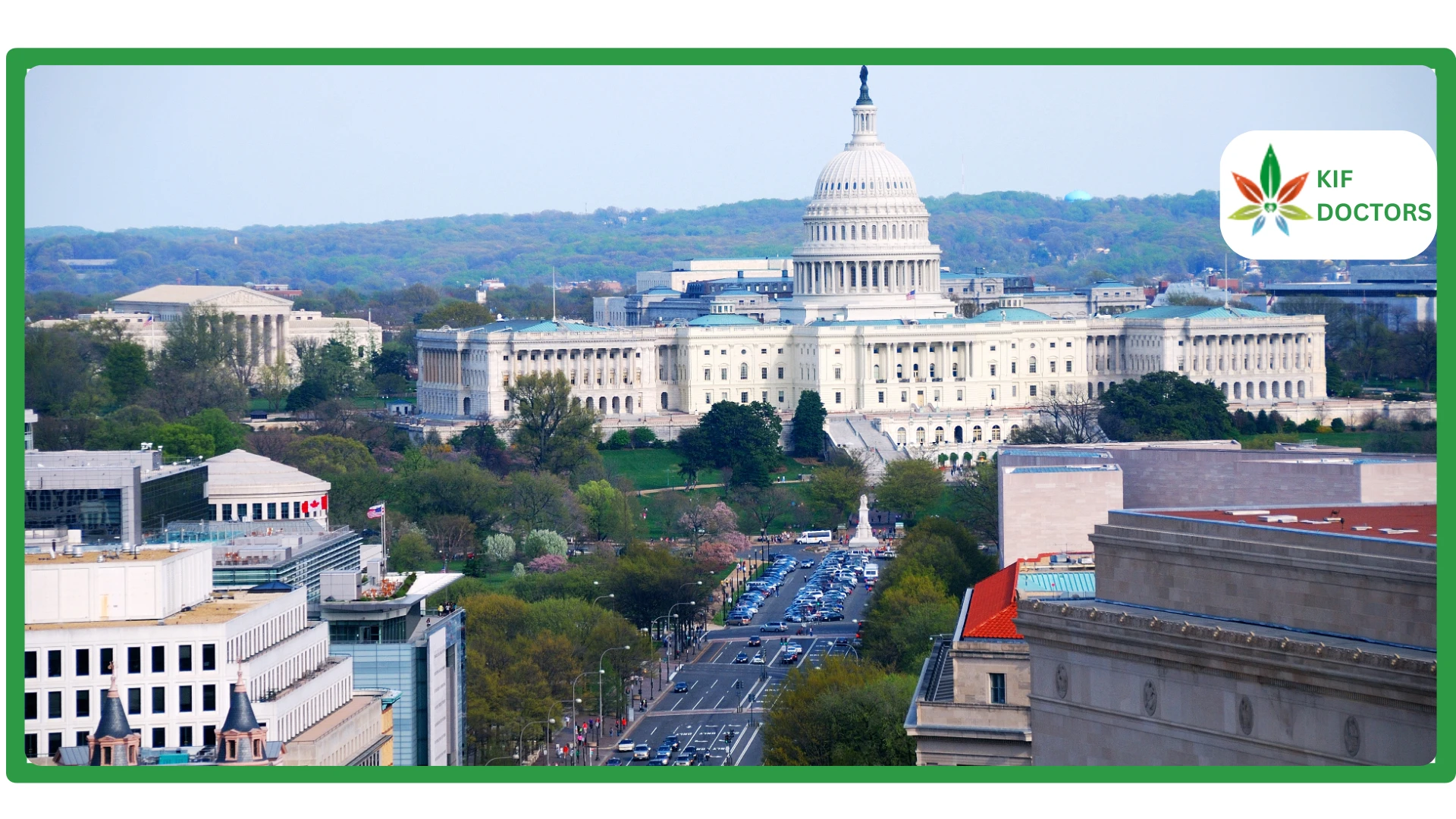Although cannabis provides a range of positive effects for well-being. Research shows that consuming marijuana before undergoing plastic surgery presents various hazards.
Using marijuana before undergoing surgery can impact the efficiency of anesthesia. While there are no specific recommendations about the combination of cannabis and surgery. But, it is advisable to consult your doctor about your marijuana usage habits.
Smoking Marijuana Before Plastic Surgery
Surgery carries inherent risks, and smoking cannabis can increase some of these risks. While cannabis has potential therapeutic benefits. But, its effects can have a negative impact on surgical outcomes. Prolonged use of cannabis can raise the chances of experiencing cardiac problems. Additionally, heavy cannabis consumers may face an elevated risk of heart attacks.
If you are planning to undergo surgery that requires anesthesia, it is advisable to reconsider using cannabis. It may be best to refrain from smoking for several days or even weeks before the surgery. Dr. Rosmy Barrios, Director of the Anti-aging Department at the Swiss Medica Stem Cell Clinic in Belgrade, Serbia, suggests abstaining from cannabis use for at least 15-20 days before surgery. Research indicates that cannabis can be detected in the bloodstream for up to 30 days or longer depending on the amount consumed. Thus, it is wise to avoid any potential complications.
Another important factor for doctors to be aware of is how cannabis interacts with anesthesia. Regular marijuana smokers may need higher doses of anesthesia. This can be done to achieve and maintain the necessary sedation. Dr. Barrios explains that THC acts as a depressant on the central nervous system, slowing down brain activity. Combining THC with anesthesia drugs further slows down brain activity. This is not recommended during surgery.
In essence, it is crucial to inform your healthcare provider about your cannabis use. You wouldn't want to wake up during surgery due to an incorrect anesthetic dose caused by your cannabis consumption.
Can You Smoke Weed After Plastic Surgery?
Using marijuana immediately after undergoing plastic surgery is not recommended. Engaging in smoking can impede the recovery process and intensify postoperative pain. According to Dr. Ahmad Ahmadi, a Board Certified Plastic Surgeon at Avante Plastic Surgery in Houston, cannabis usage can lead to an increased need for pain medication after surgery.
A comprehensive study conducted over a long duration revealed that individuals who consumed cannabis within 30 days before surgery experienced 14% more pain during the initial 24-hour period following the procedure compared to those who did not use cannabis. Furthermore, they consumed 7% more opioids than their counterparts who abstained from cannabis consumption.
Smoking marijuana after plastic surgery also has a negative impact on the lungs. Dr. Ahmadi explained that smoking cannabis leads to airway inflammation like tobacco smoking. This poses a risk to patients recovering from plastic surgery. It may cause hematoma (blood accumulation) or dehiscence (opening of the incision site).
In addition to its detrimental effects on the lungs, smoking is known to impede the healing process. Dr. Javad Sajan, a Board Certified Plastic Surgeon based in Seattle and the creator of the Advanced Facial Simulator, stated that smoking during the recovery period can impede blood flow to the treated area. This can result in unattractive scarring, poor healing, or more severe complications.
Finally, smoking marijuana after surgery increases the risk of bleeding complications. In certain rare cases, doctors may prescribe blood thinners to prevent blood clots. But, research suggests that cannabis may diminish the effectiveness of anticoagulants, leading to internal bleeding.
Understanding the Risks of Cannabis and Surgery
Potential Complications Associated with Cannabis Use
Smoking cannabis carries risks. These risks may be amplified when combined with surgical procedures. While cannabis possesses therapeutic properties, its effects can impact surgical outcomes. Chronic cannabis use has been linked to an increased risk of cardiac issues. Moreover, heavy cannabis consumers may face an elevated risk of heart attacks and strokes.
The Impact of Cannabis on Anesthesia
Anesthesia is a crucial component of surgical procedures, ensuring pain relief and unconsciousness during the operation. But, cannabis use can interfere with anesthesia administration and effectiveness. As discussed above THC can slow down brain activity when combined with anesthesia drugs. This interaction is not recommended during surgery.
The Importance of Prioritizing Safety
Avoiding Unintended Consequences
One of the primary concerns when combining cannabis use with plastic surgery is the risk of waking up during the operation. This can happen due to inaccurate anesthesia. Cannabis consumption can affect the dosage requirements, leading to undesirable outcomes. Prioritizing safety by abstaining from cannabis use before surgery helps mitigate these risks.
Individual Variations and Personal Factors
It is important to note that individual variations and personal factors can influence the impact of cannabis on surgery. Factors such as the frequency and amount of cannabis consumed can all play a role in determining the specific risks and interactions. Thus, it is crucial for patients to have open discussions with their healthcare providers. They can help you with their unique situations.
Also Read: How Much Does A Medical Marijuana Card Cost?
Conclusion
While cannabis may offer therapeutic benefits, smoking weed before plastic surgery can introduce potential risks. Chronic cannabis use may increase the likelihood of cardiac issues. To prioritize safety and optimize surgical outcomes, it is advisable to abstain from cannabis use for a significant period before undergoing plastic surgery.
 Since 2021, Kif offers a streamlined platform to get a medical marijuana card online. We have served more than 45K patients across the United States. Sign Up Now to get the right to use medical cannabis for your health condition without any delay.
Since 2021, Kif offers a streamlined platform to get a medical marijuana card online. We have served more than 45K patients across the United States. Sign Up Now to get the right to use medical cannabis for your health condition without any delay.

















